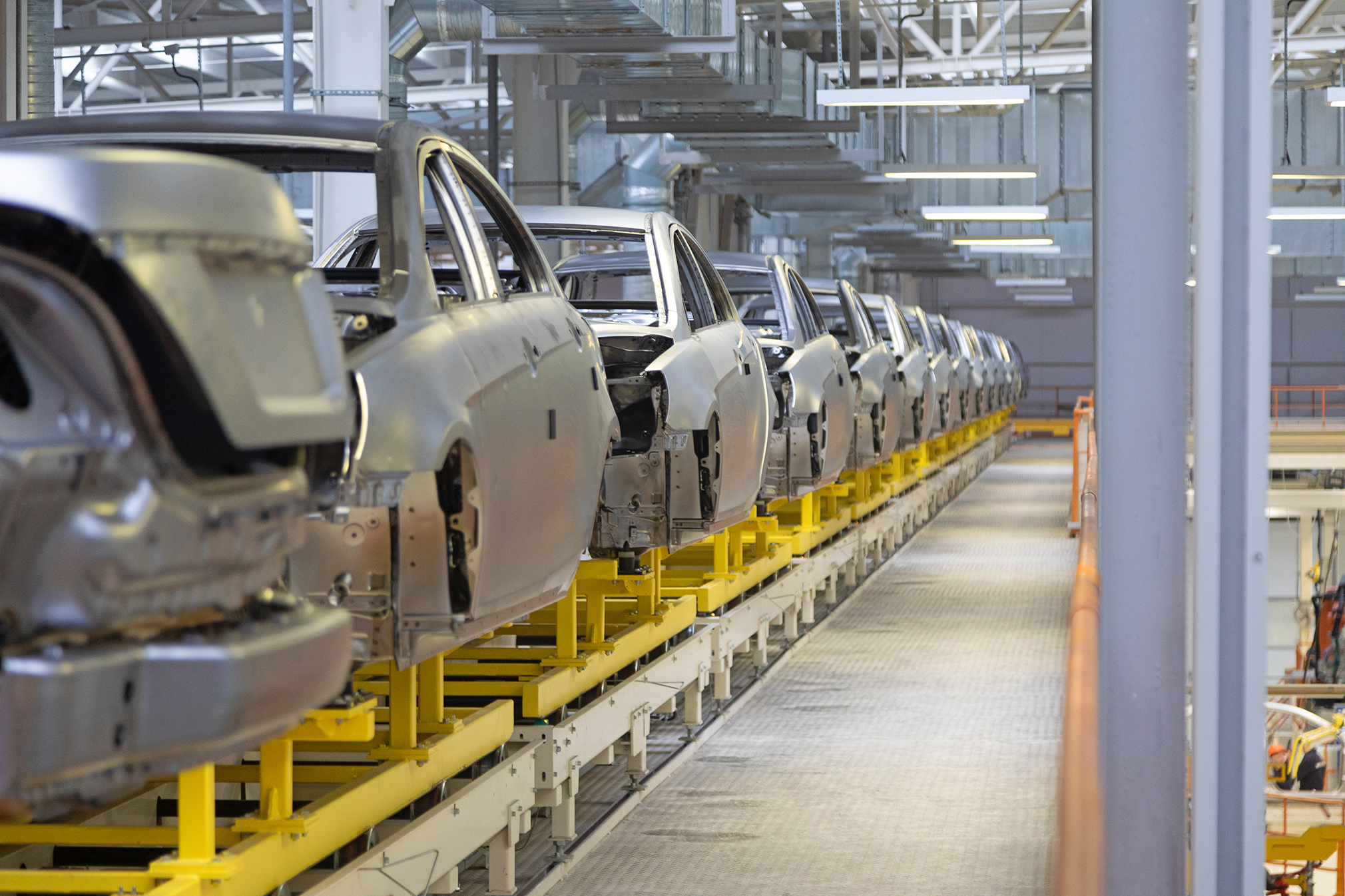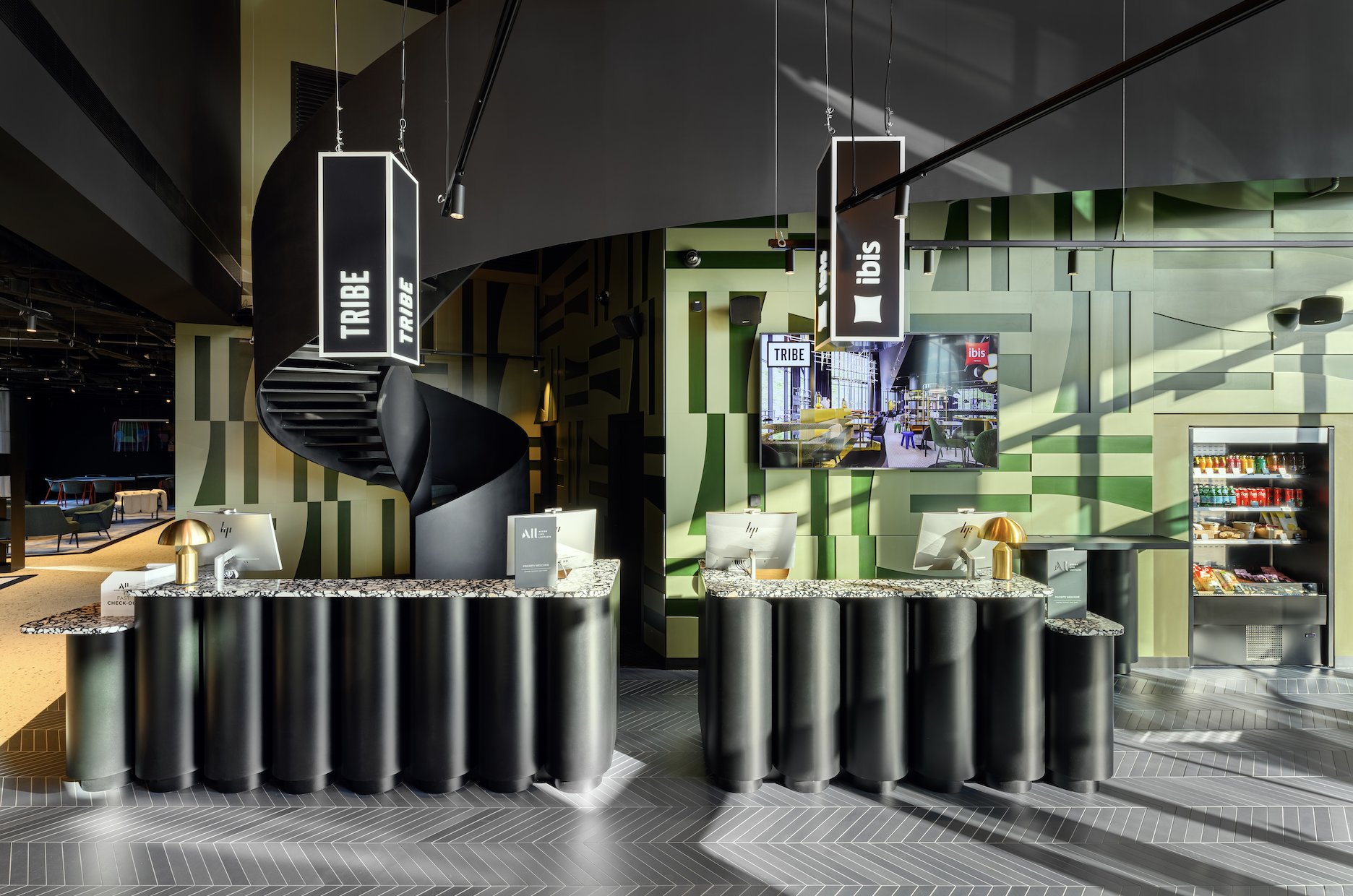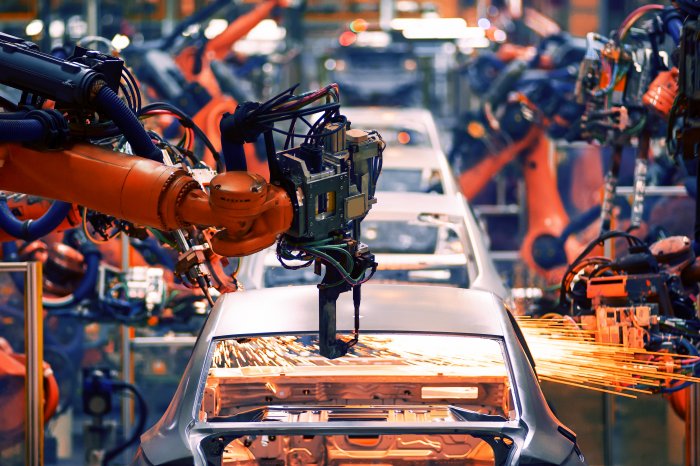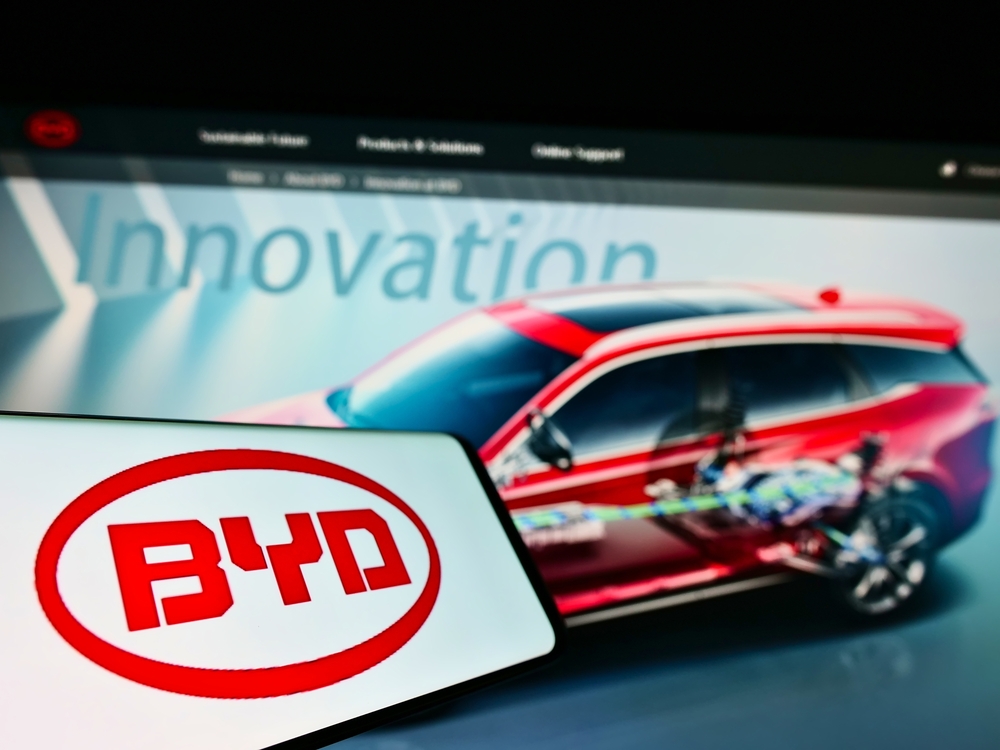Speeding Automotive Sector Lifts Industrial Output but Future ‘Uncertain’

Photo by Jasen Wright / Shutterstock.com
The automotive sector, Hungary’s leading manufacturing segment, has shown accelerated growth recently, boosting the headline industrial figure. While the improved performance is a welcome sign, and national economic trends may fuel future growth, the outlook remains uncertain.
Following its year-start rebound, Hungary’s automotive sector has sped up, performing 16.6% year-on-year growth in July, according to Central Statistical Office (KSH) data published in mid-September. The increase was a marked improvement on June’s when the sector, an essential driver of the Hungarian economy, was up by 2.9% y.o.y. only, slowly continuing the gradual rebound from the half-a-year fall before January 2022.
In July, the automotive sector accounted for 24% of the overall manufacturing output, a slight increase from June’s 23%, the latest KSH data confirms. The automotive industry has been challenged by the semiconductor shortage, a foundational component in modern car manufacturing, and supply chain problems.
In the first half of the year, total automotive industry output grew by 4.9% compared to the same period a year earlier.
The statistical office confirmed that year-on-year headline industrial output increased 4% in July, accelerating from 1.5% y.o.y. in the preceding month. The output climbed 6.6%, adjusted for the number of workdays.
Larger Growth
In January-June, the headline industrial output indicator grew by 5.1%. The figure was lifted by growth in the most significant branches of the sector. Automotive and the computer, electronics and optical equipment segment both increased to a “larger degree,” the KSH said, while the food, drinks and tobacco segment increased to a “smaller degree.” Output in most of the other segments fell.
The overall growth in industrial output performed above expectation, and positive trends may be in store in the upcoming months. Magyar Bankholding chief analyst Gergely Suppan told Hungarian state-owned news agency MTI that the growth pace could accelerate due to a low base period and easing semiconductor shortage.
However, he also acknowledged that risks of the war in Ukraine, lingering supply chain issues, and snowballing energy prices may harm future output. Despite that, though, he added that industrial stock order is elevated, and new capacities are in the pipeline.
Data suggests that companies are getting better at managing supply chain issues, ING Bank senior analyst Péter Virovácz told MTI. Nevertheless, he cautioned that the outlook remains “extraordinarily uncertain” as high order volume may mean little if supply chain problems resurface or high energy prices force rationalization.
China’s NIO Building Battery Swap Station
China-based automotive business NIO has started building a HUF 5.5 billion battery swap station plant in Biatorbágy, on the outskirts of Budapest, with a HUF 1.7 bln Hungarian state support. Once finished, the investment is seen to create hundreds of jobs, according to State Secretary Tamás Menczer of the Ministry of Foreign Affairs and Trade. The Hungarian station will be one of the 4,000 by 2025 to operate globally, of which 1,000 will be based external to China.
Three-strong Automotive Consortium Invests HUF 1.5 bln
A consortium of three Hungary-based automotive firms has completed HUF 1.5 billion of investments, which received HUF 772 million in European Union and state grant. The investment has been carried out by a consortium of Csaba Metál, Csaba Tool and Droidx. Consortium leader Csaba Metál, one of Hungary’s biggest aluminum foundries, bought an Industry 4.0-compliant enterprise management system and supported its business partners with consulting services via the investment. Csaba Tool, an instrument and tool manufacturer, invested HUF 471 mln in installing a 10-tonne overhead crane, allowing the company to make 10-12-tonne tools; purchased tool design software; and expanded its production area by 500 sqm. Droidx, a manufacturing technology maker, expanded its production area by 840 sqm and bought a tool-making center that can turn out XXL parts and tools via an investment of HUF 867 mln.
Continental Opens R&D Expansion in Budapest
Continental Automotive Hungary has opened its expanded Application Development Center at its Budapest research and development base. The new addition is part of a HUF 4.2 billion investment, which received a HUF 1 bln Hungarian state grant, to expand its research and development centers in Budapest and Veszprém (115 km southwest of the capital). Continental’s R&D centers in Hungary are planning to make several hundred new hires in the coming years, Balázs Loránd, the head of the driving support and automated driving solutions division in Hungary, said during the inauguration. Continental employs more than 8,000 people in the country.
Rába Loses HUF 252 mln in H1
Hungarian automotive component manufacturer Rába booked a HUF 252 million loss in the first half of the year as inflation squeezed margins and financial losses weighed. Rába’s revenue was up 27% at HUF 30 billion; however, direct sales costs grew 31% to HUF 24.7 bln and other operating expenses were up 52% to HUF 4.6 bln. A financial loss of more than HUF 900 mln bit into the bottom line, Hungarian state news agency MTI said.
This article was first published in the Budapest Business Journal print issue of October 7, 2022.
SUPPORT THE BUDAPEST BUSINESS JOURNAL
Producing journalism that is worthy of the name is a costly business. For 27 years, the publishers, editors and reporters of the Budapest Business Journal have striven to bring you business news that works, information that you can trust, that is factual, accurate and presented without fear or favor.
Newspaper organizations across the globe have struggled to find a business model that allows them to continue to excel, without compromising their ability to perform. Most recently, some have experimented with the idea of involving their most important stakeholders, their readers.
We would like to offer that same opportunity to our readers. We would like to invite you to help us deliver the quality business journalism you require. Hit our Support the BBJ button and you can choose the how much and how often you send us your contributions.










